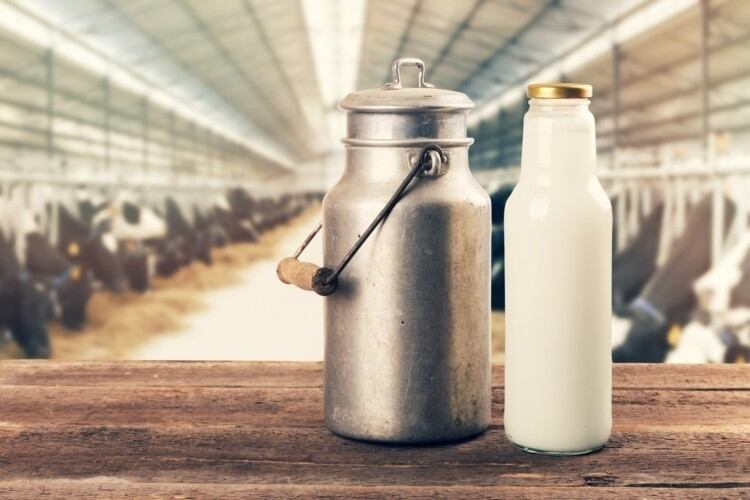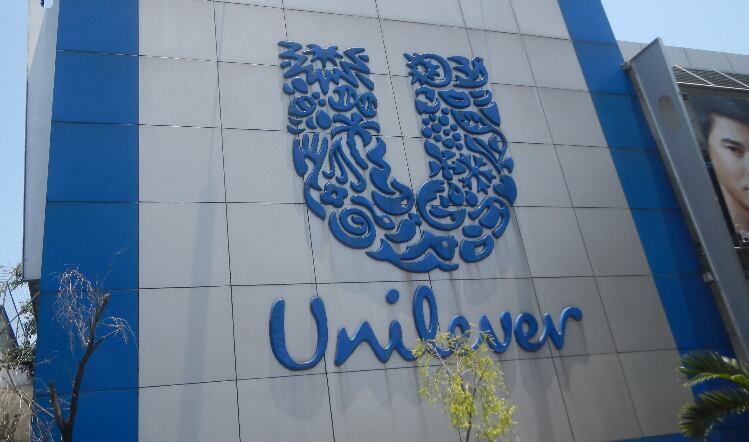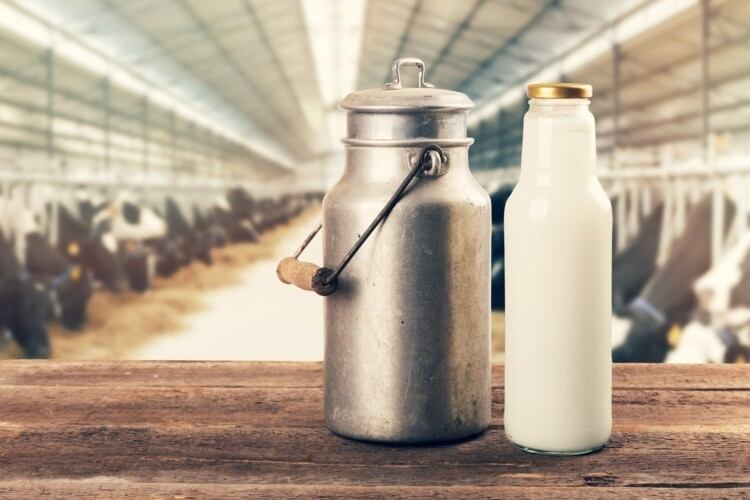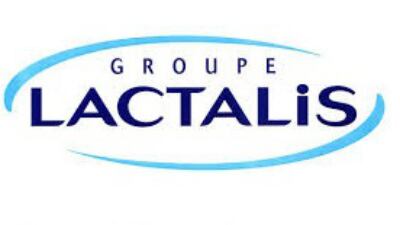In a report released by the Rong Viet Securities Company (VDSC), analysts listed import tariff cuts as well as increasing consumer health awareness as factors contributing to this situation.
Under the CPTPP, dairy products from Japan, Singapore and New Zealand are now no longer subject to any import tariffs. This will translate to reduced prices for foreign brands from these sources, and as such increased competition for local brands.
Increased levels of health and nutrition awareness in Vietnamese consumers have led to higher demands.
“[Consumers] now prefer high-quality, organic milk products as well as those from walnuts and macadamia nuts [and] demand for reconstituted milk has dropped,” said the report.
According to Vietnam News, some 70% of milk in the local market is reconstituted milk. This comprises a nutritional value that is lower than fresh milk in terms of vitamins and minerals, and some critics say that it also tends to contain oxidised cholesterol due to processing.
Local dairy companies may also face troubles handling demands for plant-based dairy, as this would differ greatly from their regular portfolios. According to NDH, it will take time for dairy companies to change product structures and meet market demand.
That said, the analysts still forecast a positive long-term growth trend for the Vietnamese dairy industry, driven by a ‘large, young, quickly growing population’ and increasing middle-class incomes.
Rising foreign interest
A rising number of foreign companies have been showing interest in the Vietnamese dairy industry, a trend which is likely to be further buoyed by the CPTPP implementation.
Earlier this year, Japan’s Asahi Group set up a joint venture with Vietnam’s Nutifood which will focus on bringing in Japan-standard products for children into the country.
Speaking at the launch ceremony, Asahi Group Foods President Shoyama Katsuo said that this was the ‘first time that Asahi [has joined hands] with a foreign company in consumer products’, and that Vietnam was an important market for the company.
According to Saigon Online, these child products will be formulated by nutritionists at Nutifood to ensure suitability for local children, but production will still be conducted in Japan initially.
New Zealand-based Fonterra is one of the biggest dairy companies in Vietnam. According to the company’s website, Fonterra held a 57% share of the dairy foodservice market as of 2017.
“Vietnam is an important market for [us], and one where we have a long history [supplying dairy ingredients for more than 40 years and] operating our consumer brands business for [more than two decades],” said Fonterra Brands Vietnam General Manager Linda Tan.
According to Fonterra, although dairy consumption per capita in Vietnam is lower than in other South East Asian nations, demand is increasing for high protein foods such as dairy.
"[This rise in demand is being] driven by greater affluence," added Fonterra via its official site.
In terms of market share, currently Vinamilk is leading with some 27%, Abbott follows with 17% and Friesland Campina with 12%, according to Vietnam Plus.
More on the CPTPP
The CPTPP is essentially a new Free Trade Agreement signed between 11 countries: Australia, Brunei Darussalam, Canada, Chile, Japan, Malaysia, Mexico, New Zealand, Peru, Singapore and Vietnam
It initially entered into force with the first six countries to ratify it (Australia, Canada, Japan, Mexico, New Zealand and Singapore) on December 30 2018, and entered into force for Vietnam on January 14 this year.
According to the Government of Canada’s website, full implementation will mean these 11 countries form a trading bloc comprising some 495 million consumers and representing 13.5% of global GDP.





